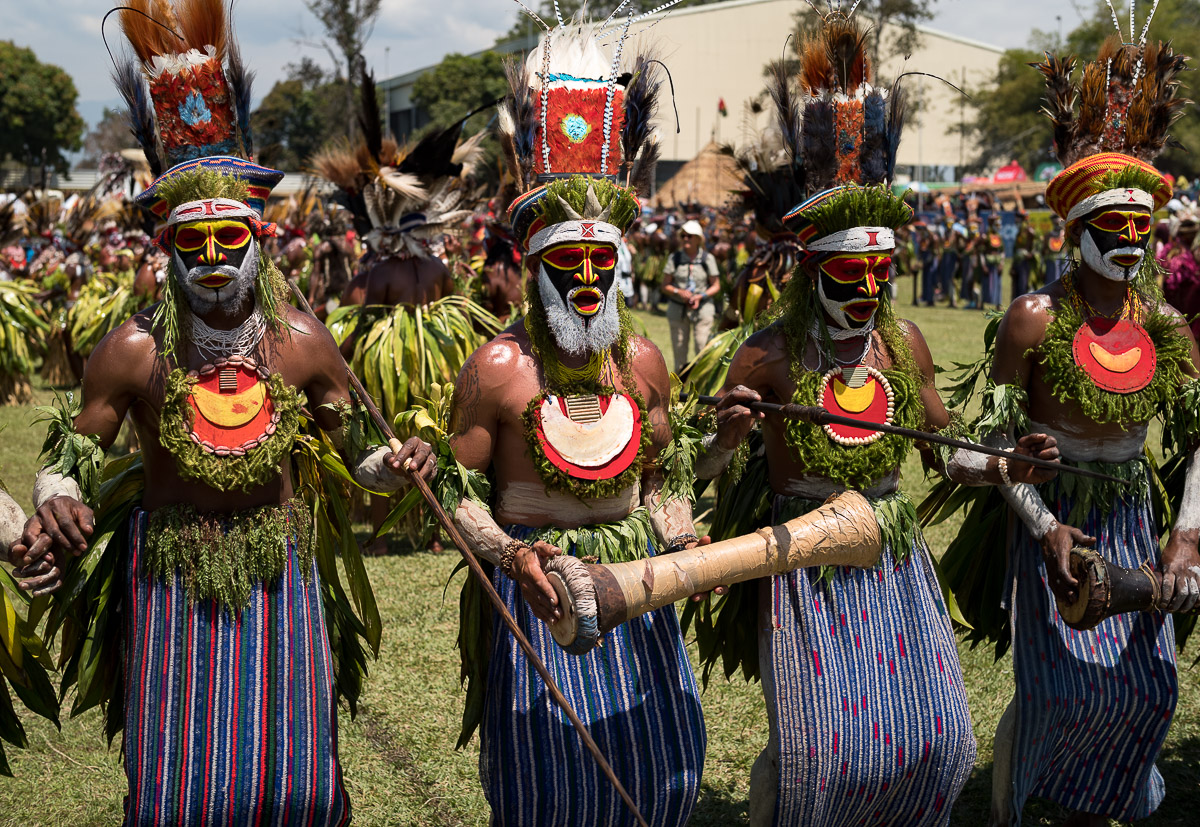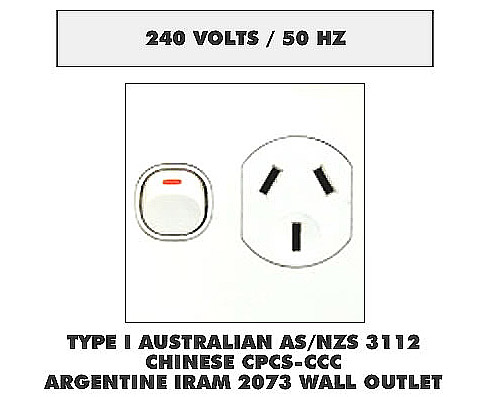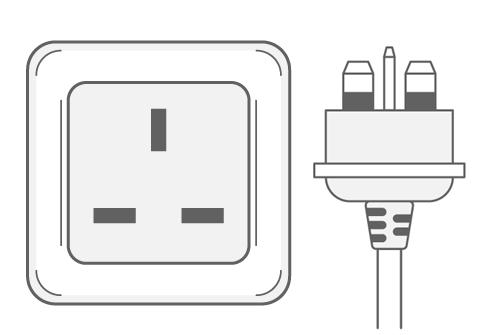
Preparing
For Your Camera Treks Papua New Guinea Tour

|
There can be a thousand and one things to do to prepare for a tour, especially to place as unknown to most travelers as Papua New Guinea. Want to be a better photographer? People from Papua New Guinea and the Solomon Islands are, by and large, open, effusive, polite, funny, candid and practical. They tend to have a common sense approach to life arising from their history, sense of self and relationship to their natural world and the animism that lies under their often thin veneer of Christianity. People survive in their environment with dignity, humour and patience. Here is some general and PNG-specific information you ought to know. Photography is not a one-way activity. When you engage in serious image-making you become involved in an art that has a history of respectful, intelligent and informed creation. We must, at the same time, acknowledge that photography has been – and still can be, a force for enforcing negative stereotypes, may abuse individual privacy and can easily lead to false impressions. All photographers who join our trips are required to make themselves aware of the current ethics & guidelines prevalent in our field. It is required that you read our Ethics page! – Look at this Forms Page and make sure you have signed all the required paperwork to join us on our Tour. Do you have a copy for your files? If not you may download PDF copies from the page. NOTE: The Contract on this page is a generic one. Some Tours like Cuba and Papua New Guinea have slightly different Contracts. – Check your passport and make sure it is valid for at least 6 weeks after your intended departure from PNG and the Solomon Islands – Check to see that there are at least FOUR blank pages in your passport – Create a jpeg image of your passport photo page and put in on your home computer and cell phone. You never know when you may need it – Bring a couple visa/passport-style/size photos. You may need one for visas or other uses. – Read the Camera Treks PNG website thoroughly! – Make your domestic/international flight reservations (NOTE: we do this for the PNG trip unless you are using mileage (usually not possible because of the number of transfers and our scheduling) – You can no longer purchase a PNG visa at their international airport; this option has been suspended since the beginning of the pandemic. U.S. citizens must obtain their visa prior to travel using the PNG online eVisa process. Their website says an on-site visa is free but there is a hidden 'processing' fee at the airport. – Read the Lonely Planet PDF chapters in your trip CD that you receive from us (Chapter 2-Travel Guidance) – Read anything else you can find on PNG – Buy Travel Insurance and Medical Evacuation Insurance! Talk to use beforehand. NOT all policies are appropriate or even good for remote regions. – Re-familiarize yourself with the camera you will be taking. Read the manual! – Buy a secure container for your unused SD or CF cards. – Buy a secure container for your used SD or CF cards. – If you carry lots of lithium camera batteries, buy a closed case for them that you will stow in your carry-on (as required by TSA). – Think carefully what your flight carry-on will be. It ought to hold critical medicines, papers, and camera gear – Need a mobile phone while traveling? Either make arrangements with your carrier for international calling or you can buy a PNG SIM with airtime for about $25. You can top it up as needed. (We carry a Dual SIM international phone but it is available to you only for emergencies.) – A smart phone might be key if it will be your main way to connect to the Internet. Make certain it is "unlocked" for use outside the USA – Read all relevant photography material in the Tour CD – If you take a laptop remove any sensitive information you would not want distributed around the world! – I would never travel to remote location with just one camera body (unless I was only taking pictures casually.) If you are a professional you might wish to carry a back-up. But, then, you already know that! – – – Make sure you will have a several week supply of any medications you will be taking while traveling – Have the original, labelled containers those prescriptions come in (not mandatory, but helpful) – Give a great deal of thought to what clothing you will be packing. Actually pack and weigh it well before the trip – If you are buying new shoes or sandals for the trip, break them in! - Buy & pack a scarf or 'buff' that covers your mouth & nose! Bring a hat. There will be tons of fine dust, especially that stirred up by our own bus/van. We open and close the windows often as we drive the national highway (which is dirt and/or gravel for long distances.) – Pack a comfortable air pillow – Swimwear – Bring any snacks you cannot live without or buy them in Port Moresby or Mt. Hagen – Pack ear plugs & eye-shades for sleep, a bandana for perspiration – Sunglass are a good idea as we get loads of thermal radiation and sunlight – – – Milne Bay Islands & Seas: Tropical rainforest climate. This city of Alotau has a tropical climate with a significant rainfall even in the driest months, of which November is one. This climate is considered to be Af according to the Köppen-Geiger climate classification. The temperature here averages 25.0 °C | 76.9 °F. with rainfall around 2972 mm | 117.0 inches per year. Milne Bay in November usually receives 199mm/7.8 inches of rain with the seas being about 28 degrees C./83 degrees F. Minimum temperature is usually 23 C./73 F. and maximum 29 C./84 F. While the plains and coastal regions of PNG are hot and humid, the Highlands, with their equatorial climate cloud forests, are much, much cooler - to cold! There are two monsoon seasons, coming from different directions sequentially, and both can deliver rain to the Highlands. Some areas receive 80 to 160 inches (2000 to 4000 millimeters) per year. Highlands: As we are not out walking during the evenings, the cold will not affect us all that much. Evenings at the birding lodge, however, get cold and the walk to & from your cottage can be very chilly. As well, the lodge general area has only a central wood stove so the farther from it you sit, the more you need to bundle up! All transport is provided on this trip and there will be no independent, personal travel outside the tour. We do not recommend any independent travel for any participant who might be staying over in PNG either before or after our Tour. Skill & Physical Level: moderate hiking skill with a good level of fitness required; no technical difficulties, but an ability to walk around in altitudes up to 2438 meters / 8000 feet. Talk to us if you have ANY questions about your ability to do this trip or if you have high altitude, lung, heart, blood pressure or other conditions that might compromise your ability to successfully complete this journey. The water supply in PNG is drinkable... for locals (and, maybe, for you after going through a couple days of Montezuma's Revenge.) Drink bottled water and be on the safe side. Make sure the seal on the cap is unbroken when you receive your bottle! If a bottle is brought to you in a restaurant with the cap already loose, refuse it and ask for another, unopened one. The sun at high altitude can be intense. Take precautions by wearing a hat and a non-sticky sunscreen if you are susceptible to easy burning. Fortunately, much of our time in the Highlands we have cloud cover. The U.S. Center for Disease Control (CDC) and the World Health Organization (WHO) recommend some of the following vaccinations for Papua New Guinea: hepatitis A, hepatitis B, typhoid, Japanese encephalitis, rabies, meningitis, polio, measles, mumps and rubella (MMR), Tdap (tetanus, diphtheria and pertussis), chickenpox, shingles, pneumonia and influenza. PNG has no vaccination requirement for visitors entering the country unless you have been to a Yellow Fever area (Africa). Many travelers to out of the way places will already have had a course of the above vaccines. There are only about 60 cases, worldwide, of Japanese encephalitis per year so I have never taken this super-expensive vaccine. I have also foregone the rabies ones. I try to practice prudence wherever I go. If you try to pet a wild monkey or semi-feral dog you are stupid (and do not belong on this trip.) Passport Health has the run down on vaccines for PNG here. The CDC has info here. PNG drives on the LEFT and left turns are allowed without stopping. Drivers rarely signal and vehicles will pull out in front of you at the last minute. Fortunately for you we always have a driver! Seat belts are required. Speed limits are 60km/h in towns and 75km/h in the country. The real danger as a pedestrian is that cars have the right of way and you must learn to look to your RIGHT before you step off the curb! Bank offices (generally) are open 8:45 am to 3 pm Monday through Thursday and until 4:00pm on Friday. Tourist facilities are often open every day. 
 Electrical Outlets
Electrical OutletsElectrical outlets in PNG are 240V/50Hz. Most modern mobile phones, laptop computers, tablets and such, that operate on batteries have chargers that are compatible with both 110 volt and 220 volt electrical systems. PNG outlets are Type 1 with many hotels having U.S. style 2-prong outlets available (but do not rely on these being available!) Plug Type 1 has three flat-prong slots. Although most places do have good solid outlets, roll a small 3 inch piece of gaffer or duct tape in with your electrical outlet kit so if you encounter loose, wonky holes you can create a solid, stable connection. Main island PNG observes PGT Standard Time: UTC/GMT +10. This is 16 hours ahead of Los Angeles. There is no Daylight Savings Time. The international dialing code for PNG is +675 and the Country Code is SB The international dialing code for USA is +1. Each American can bring back into the U.S. up to $400 of goods for personal use. Exempt from the above limits are artworks and informational materials, including books, films, posters, photographs and CDs. Souvenirs and touristy handicrafts are not considered works of art. By the by, all three of the independent countries below are members of the Commonwealth of Nations. Queen Elizabeth II is the official hereditary monarch and sovereign head of state for PNG and the Solomon Islands (and 15 other independent countries). Fiji, after its second military coup in 1987 abolished the monarchy and her role as Head of State. Elizabeth is depicted on the coinage of all three countries. PNG official public holidays in 2022: |
|
All images and text © 2015-2022 Coup de Foudre, LLC & Camera Treks Home All Tours Contact |